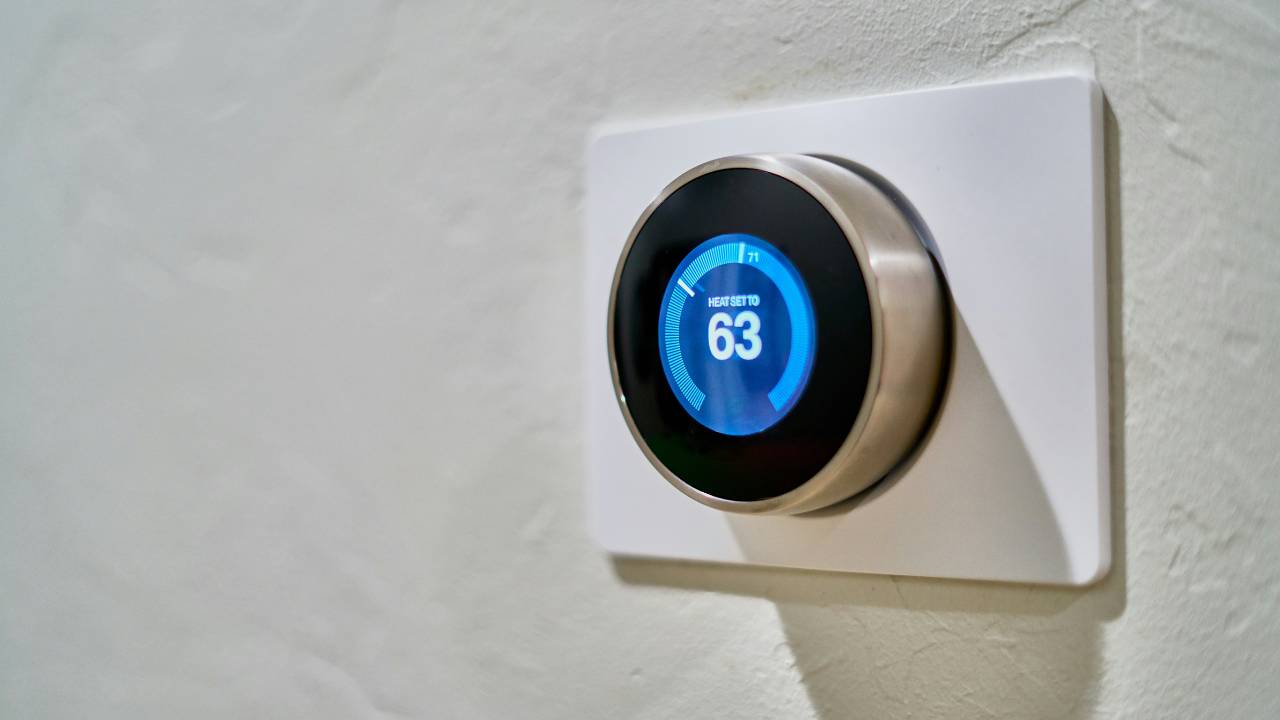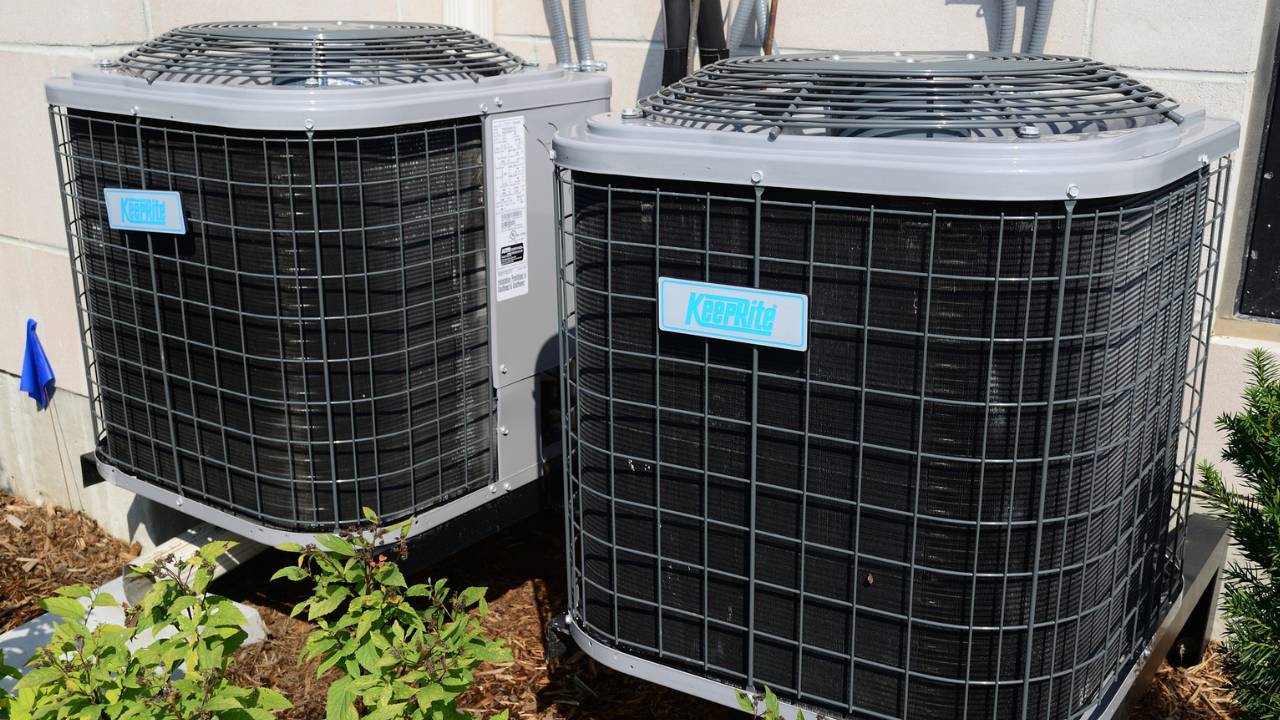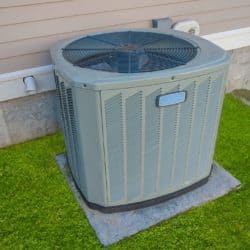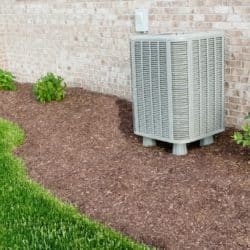Installing air conditioning in a garden room can transform your outdoor space into a comfortable retreat throughout the year. Imagine having a cosy nook for relaxation or an office that stays cool during hot summer days – that’s the convenience air conditioning can offer in a garden room. Deciding whether to take the plunge and invest in such comfort depends on a few factors, which you might need to consider.
The cost of installation and running expenses are important to think about. If your garden room is a place where you plan to spend a significant amount of time, perhaps as a home office or leisure area, then air conditioning could be worth the investment. Not only does it regulate temperature, but it also helps maintain better air quality and controls humidity, which is particularly beneficial if you store books or electronic equipment in your garden room.
Before making a decision, you should also take into account the size of your garden room and the climate in your region. Air conditioning systems come in various capacities, so it’s crucial to choose one that suits the size of your space and is efficient for the climate you live in. With the right system in place, you can enjoy your garden room comfortably during both sweltering summer heatwaves and chilly winter days.
Contents
Exploring the Basics of Garden Rooms
When you consider adding a garden room to your property, you’re looking at a versatile addition that can serve various purposes and needs to be designed with care to ensure comfort throughout the year.
Purpose and Popularity
Your garden room has become a sought-after feature for many homeowners. It can serve as your home office, a creative studio, or simply a peaceful retreat away from the main house. The popularity of these outdoor spaces is due to their ability to provide a distinct, usable area without the need for a full-scale home extension.
Design Considerations
The design of your garden room should reflect its intended use while also blending with your existing outdoor space. The layout, natural light access, and aesthetics are crucial. You’ll want to decide on the size and shape that best fits your garden, and the style that complements your home.
Insulation and Climate Control
Proper insulation is key to maintaining a comfortable temperature inside your garden room. You should consider high-quality insulation materials that will keep the space warm in winter and cool in summer. If you’re looking to further regulate the temperature, installing an air conditioning system might be something to think about, especially if your garden room is a space you plan to use frequently or for temperature-sensitive activities.
The Necessities of Air Conditioning

When you’re considering the comfort of your garden room, air conditioning can play a pivotal role in ensuring your space is enjoyable year-round.
Temperature Regulation
Your garden room should be a haven regardless of the season, and that’s where temperature regulation comes in. A heat pump air conditioning system can provide you with the flexibility to maintain an optimal climate. During summer months, your system works to extract warm air from the room, keeping it pleasantly cool. In colder seasons, it reverses the process, ensuring your space is welcoming and warm.
Heating and Cooling Options
With heating and cooling options available in one system, air conditioning becomes a versatile choice. Gone are the days when separate units were needed; modern air conditioning systems can handle both tasks efficiently. These systems use refrigerant to transfer heat, either absorbing it from within your garden room to cool or drawing it in from outside to heat the space, adapting to your needs with a simple switch.
Benefits of a Controlled Environment
A controlled environment goes beyond just maintaining a comfortable temperature; it directly impacts your thermal comfort. Air conditioning not only adjusts the temperature but also controls humidity levels within your garden room. This is vital for creating a space that feels comfortable, free from the sticky feeling of high humidity in summer, or the dry air of winter heating. These systems help sustain a consistent climate that supports your well-being and the preservation of the room’s contents.
Installation Insights and Costs

When deciding to install air conditioning in your garden room, the initial installation outlay and ongoing expenses are vital to consider. Picking the right system and assessing its efficiency will ensure cost-effectiveness in the long term.
Understanding Installation
Air conditioning installation in a garden room requires careful planning. You’ll need to choose between systems, such as a split air conditioning unit, which is favoured for its ease of installation and quieter operation. Hiring a certified F Gas engineer for the job ensures that the installation meets legal and safety standards. The process includes selecting the right size unit, which is measured in British Thermal Units (BTU) to match the space of your garden room.
Cost Factors
The installation cost for your air conditioning unit can vary. It’s essential to request a detailed quote from a reputable installer, which should include the system price, labour, and any additional materials needed. Factors affecting cost include the type of unit, its size in BTUs, and any structural modifications required for your garden room.
Running Costs and Efficiency
When investing in an air conditioning system, the running costs are as crucial as the installation expenses. Opt for an energy-efficient model to minimise future bills. Efficiency is often indicated by the system’s energy rating; the higher the rating, the less energy it consumes. Over time, an energy-efficient system can offset the initial higher purchase cost, making it a more cost-effective choice.
Legalities and Practical Considerations
When considering the installation of air conditioning in your garden room, it’s vital to take into account the necessary legal frameworks and practicalities that come with such an undertaking.
Planning Permission
Your garden room might fall under permitted development rules, which allow for certain building works and changes without the need for a planning application. However, this depends on various factors including the size and intended use of the structure. If your garden room is to serve as an office, studio, or gym, and meets specific space and size requirements, you may not require planning permission. It’s essential to check with your local authority, as regulations can differ across different countries. For substantial modifications like installing air conditioning, a survey may be required to ensure compliance with building regulations, particularly those pertaining to ventilation.
Space and Size Requirements
The size of your garden room will inherently dictate the type of air conditioning system you can install. There should be enough floor space to accommodate the unit without compromising the functionality of the room. If the room is intended for use as a garden office or hobby room, the system must not only fit spatially but also be capable of maintaining a conducive environment for the activities at hand. Building regulations also stipulate minimum ventilation rates, which your air conditioning system will need to meet.
Maintenance and Servicing
Regular maintenance and servicing of your air conditioning unit are non-negotiable to ensure its longevity and efficacy. This includes routine cleaning, filter changes, and professional checks. Keep in mind that a poorly maintained system can lead to increased energy consumption and costs. Moreover, ensuring your system is well-maintained is critical for preserving good air quality within your garden gym, office, or studio. Make sure you have easy access to the unit for servicing, and establish a reliable maintenance routine to keep your garden room comfortable year-round.
Enhancing Your Work-from-Home Experience

Installing air conditioning in your garden room can markedly improve your work-from-home setup, ensuring that you maintain productivity, protect your health, and integrate functionalities that transform your workspace.
Productivity in Garden Offices
Your garden office is a sanctuary for concentration, away from the bustle of your main residence. A garden room equipped with air conditioning provides you with a consistently comfortable environment, no matter the weather outside. Temperature regulation is crucial, as studies have shown that a workspace that’s too hot or too cold can distract you and hamper your productivity. A stable climate allows you to focus on your tasks without interruption.
Health Benefits
The health benefits of having a suitable work environment extend beyond simple comfort. The inclusion of air purifying filters, such as a plasma quad plus filter, can reduce the presence of allergens and pollutants in your garden room. This can be particularly beneficial if you’re using the space as a home gym as well, where air quality is essential to ensure a safe and healthy exercise environment. Better air quality can contribute to improved mental health and reduced stress, fostering overall wellbeing.
Add-ons for Improved Functionality
To enhance your garden office experience further, consider the integration of devices with Amazon Alexa compatibility for hands-free control, thus saving time and maintaining workflow. Reliable Wi-Fi connection is non-negotiable for an efficient garden office, permitting seamless video calls and online research. For those concerned with privacy, certain air conditioning systems offer near-silent operation, preserving the tranquillity and privacy of your outdoor workspace. The result is a comfortable workplace that supports your dedication and focus on work from home tasks.
Conclusion
When deciding whether to install air conditioning in your garden room, it’s important to weigh the potential benefits against the cost and usage. If you find yourself using the space frequently and struggling with uncomfortable temperatures, then air conditioning could significantly enhance your comfort. It’s an investment that can make your garden room usable year-round, regardless of the weather outside.
Consider the size of the space and the climate you live in. In warmer regions, or if your garden room is exposed to full sunlight, the installation of air conditioning might become essential. On the other hand, if you live in a cooler climate and use the room only occasionally, alternative cooling methods or simply opening windows might suffice.
Think about sustainability. Energy-efficient models or those that use renewable energy sources can offer comfort without compromising on your environmental values. It’s also worth considering that an air-conditioned space might increase the value of your property, should you ever wish to sell.
Ultimately, your decision to install air conditioning should come down to personal need, comfort preference, and financial readiness. If the garden room is your haven for relaxation or productivity, then ensuring it remains comfortable during hot days might just be worth the investment.



